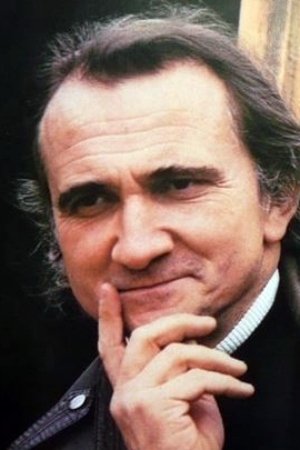
Michel Magne
Michel Magne (20 March 1930 in Lisieux, Calvados, France – 19 December 1984 in Cergy-Pontoise, Val-d'Oise) was a French film and experimental music composer. He was the fifth child in a family of eight. As young as age five, he was intrigued by his parents' piano. The Lisieux cathedral’s organist taught him to play keyboards, and soon he played the harmonium during Sunday services. At age nine he found his parents' Wagner discs, and thereafter would often quote Wagner in his works. He then studied music at the French: Caen Conservatory, in Caen, France. By age 16 he had written an oratorio and a piano concerto. In 1946, he left Caen to attend the Paris Conservatory, where he had lessons by Simone Plé-Caussade and Olivier Messiaen. He was nominated in 1962 for an Academy Award and Golden Globe Award for adapting the Jackie Gleason score to film Gigot. He also scored Barbarella and a series of OSS 117 films. In 1962, he released the studio album Tropical Fantasy. Magne wrote some songs with lyrics by Françoise Sagan for Juliette Gréco and provided orchestral accompaniment. In 1962, he purchased the Château d'Hérouville, near Pontoise, and converted it into a residential recording studio in 1969, known as Studio d'enregistrement Michel Magne, which through the 1970s was used by a series of artists such as Elton John (at his Honky Château), Pink Floyd, David Bowie, Jethro Tull, Cat Stevens, and the Bee Gees among many others. In the 1970's, Jean-Claude Petit scored Magne's films, without due credit. In 1972, he married Marie-Claude, née Calvet, having met her in 1970, near Hérouville while she was hitch-hiking as a schoolgirl. The couple moved to the south of France in 1974. Magne committed suicide in 1984, in a hotel room. Source: Article "Michel Magne" from Wikipedia in English, licensed under CC-BY-SA.
Znany z: Sound
Urodziny: 1930-03-20
Miejsce urodzenia: Lisieux, Calvados, France
Znany również jako: